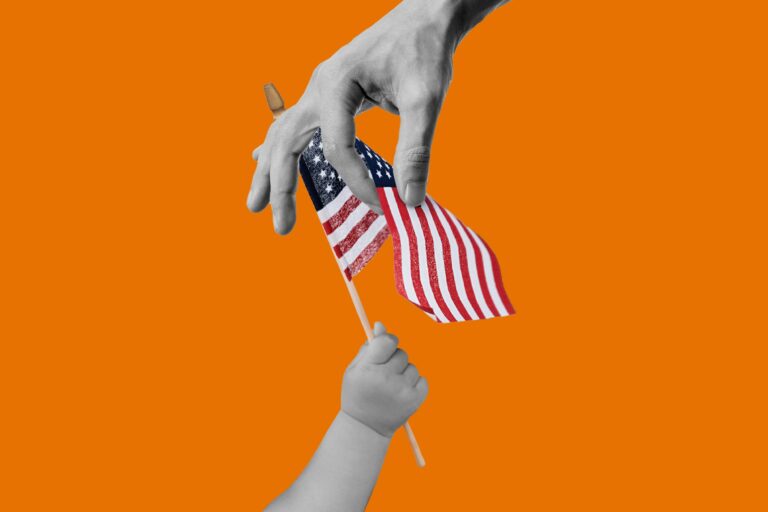How an 1898 San Francisco Case Cemented Birthright Citizenship in America
Historic Legal Victory Affirming Citizenship by Birth
In 1898, a groundbreaking court decision in San Francisco fundamentally shaped the understanding of citizenship in the United States. The case centered on a resident of Chinatown whose right to citizenship was challenged solely based on their ethnic background. The court decisively ruled that anyone born within U.S. territory is automatically a citizen, irrespective of their parents’ nationality or ethnicity. This ruling reinforced the constitutional promise of the 14th Amendment and established a legal precedent that continues to influence citizenship laws and civil rights protections today.
Significant outcomes of this ruling include:
- Constitutional affirmation of birthright citizenship as an unassailable right.
- Legal protection against racial and ethnic discrimination in citizenship claims.
- Foundation for future judicial decisions safeguarding citizenship for children of immigrants.
| Category | Result |
|---|---|
| Constitutional Basis | Interpretation of the 14th Amendment |
| Community Impact | Empowerment of immigrant families in Chinatown and beyond |
| Legacy | Model case for birthright citizenship jurisprudence |
Advancing Asian American Citizenship Rights Through Legal Precedent
The 1898 San Francisco decision was a landmark moment for Asian American communities, particularly those in Chinatown, who faced systemic exclusion and discrimination. By affirming that birth on U.S. soil confers citizenship regardless of racial or ethnic background, the ruling directly challenged exclusionary laws designed to marginalize Asian immigrants. This case not only protected the rights of children born to Asian immigrant parents but also strengthened the broader interpretation of the 14th Amendment’s equal protection clause.
Key effects of the ruling included:
- Securing citizenship rights for children of Asian immigrants born in the U.S.
- Undermining racially discriminatory legal frameworks that denied citizenship based on ancestry.
- Bolstering constitutional protections against racial exclusion in citizenship matters.
| Aspect | Before 1898 | After 1898 |
|---|---|---|
| Citizenship for Asian-born children | Often denied | Constitutionally guaranteed |
| Legal backing for birthright citizenship | Inconsistent and biased | Clear constitutional support |
| Influence on immigration laws | Restrictive and exclusionary | Set precedent for reform and inclusion |
Legacy of the 1898 Case in Shaping Contemporary Immigration Policy
The principles established by the 1898 San Francisco ruling continue to resonate in today’s immigration landscape. By affirming that citizenship is an inherent right for anyone born on U.S. soil, the case laid the groundwork for policies that protect the citizenship status of children born to immigrant families. This legal foundation challenges exclusionary immigration practices and supports a more inclusive interpretation of the 14th Amendment.
Current immigration debates often reference this historic decision when addressing issues such as citizenship verification and border security. Modern policies strive to balance national security concerns with the protection of civil rights, focusing on:
- Preventing misuse of birthright citizenship provisions.
- Safeguarding the rights of children born in the U.S. to immigrant parents.
- Clarifying legal standards for citizenship eligibility.
| Dimension | 1898 Ruling | Modern Policy |
|---|---|---|
| Basis for Citizenship | Birth within U.S. territory | Birth within U.S. territory plus parental legal status verification |
| Communities Affected | Immigrant enclaves like Chinatown | Diverse immigrant populations nationwide |
| Legal Influence | Defined birthright citizenship | Guides citizenship rights and immigration enforcement |
Strategies to Safeguard Birthright Citizenship in Today’s Legislation
To preserve the enduring impact of the 1898 San Francisco decision amid shifting political landscapes, it is crucial for lawmakers to reinforce protections for birthright citizenship. This includes explicitly reaffirming the 14th Amendment’s guarantees and enacting comprehensive federal laws that standardize citizenship criteria across all states. Such measures would prevent inconsistencies that could jeopardize the rights of children born in the U.S., particularly those from immigrant communities reminiscent of the historic Chinatown population central to the original case.
Recommended policy actions include:
- Establishing unambiguous legal definitions of citizenship eligibility regardless of parental origin.
- Launching public education initiatives to highlight the historical importance and societal benefits of birthright citizenship.
- Expanding legal support services to assist immigrant families in navigating citizenship processes.
- Creating oversight bodies to monitor and counteract efforts that threaten citizenship rights.
| Policy Recommendation | Expected Outcome | Priority |
|---|---|---|
| Federal Standardization | Consistent citizenship rights nationwide | High |
| Public Awareness Campaigns | Greater public understanding and support | Medium |
| Legal Aid Expansion | Enhanced protection for vulnerable immigrant families | High |
| Legislative Oversight | Prevention of erosion of citizenship rights | High |
Looking Ahead: The Enduring Importance of Birthright Citizenship
The 1898 San Francisco case involving a Chinatown resident remains a defining moment in the evolution of American citizenship law. It highlights the vital role of the 14th Amendment in shaping an inclusive national identity and protecting the rights of all individuals born on U.S. soil. As discussions about citizenship and immigration continue to evolve, this historic ruling serves as a powerful reminder of the constitutional principles that safeguard birthright citizenship for future generations.




